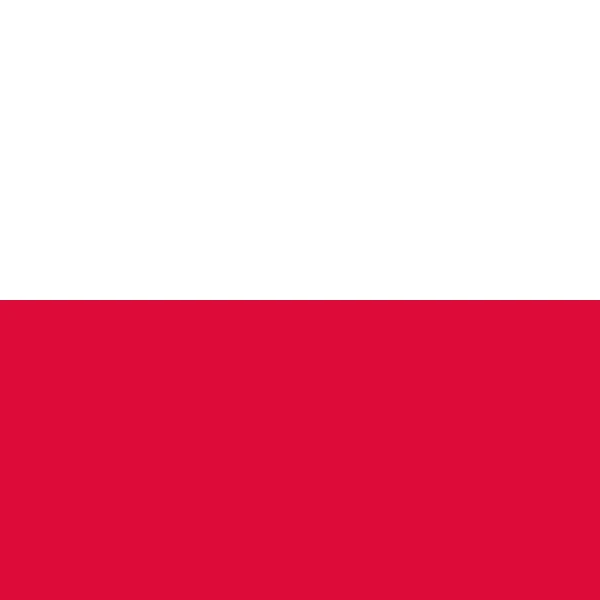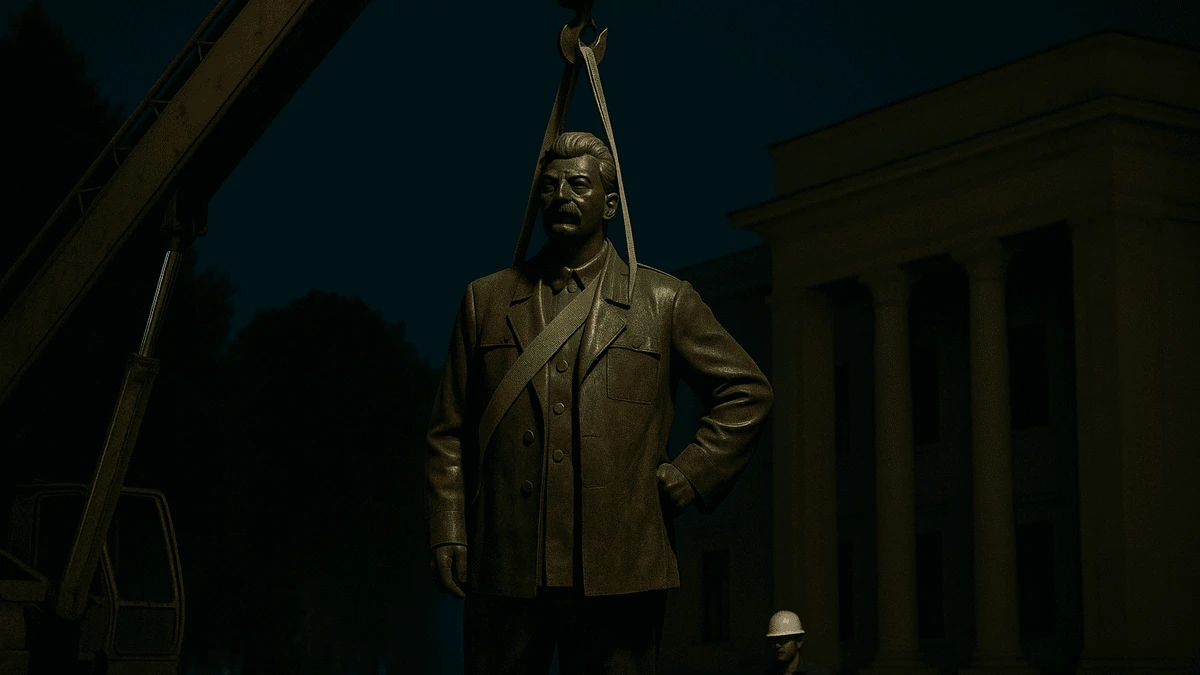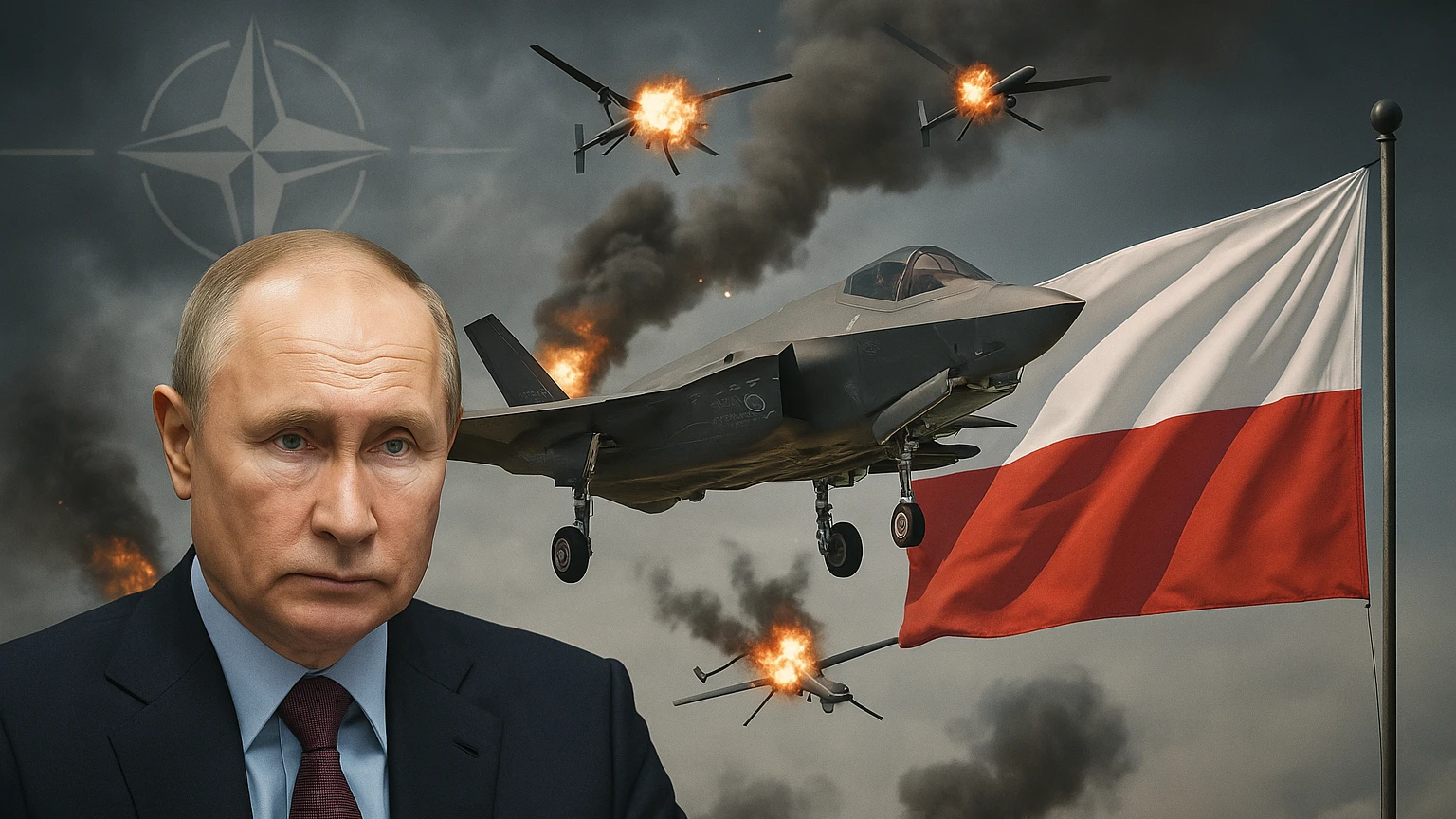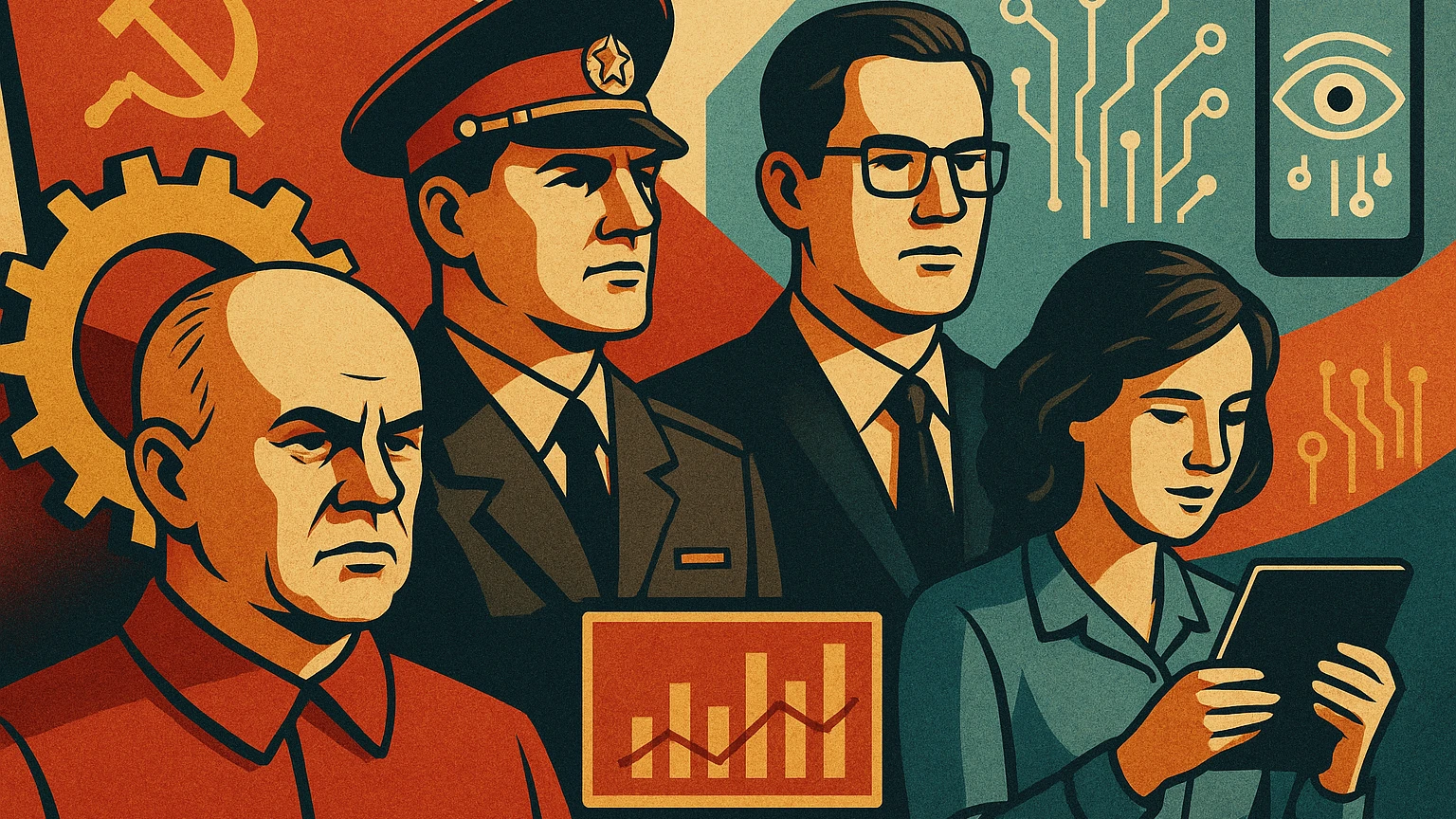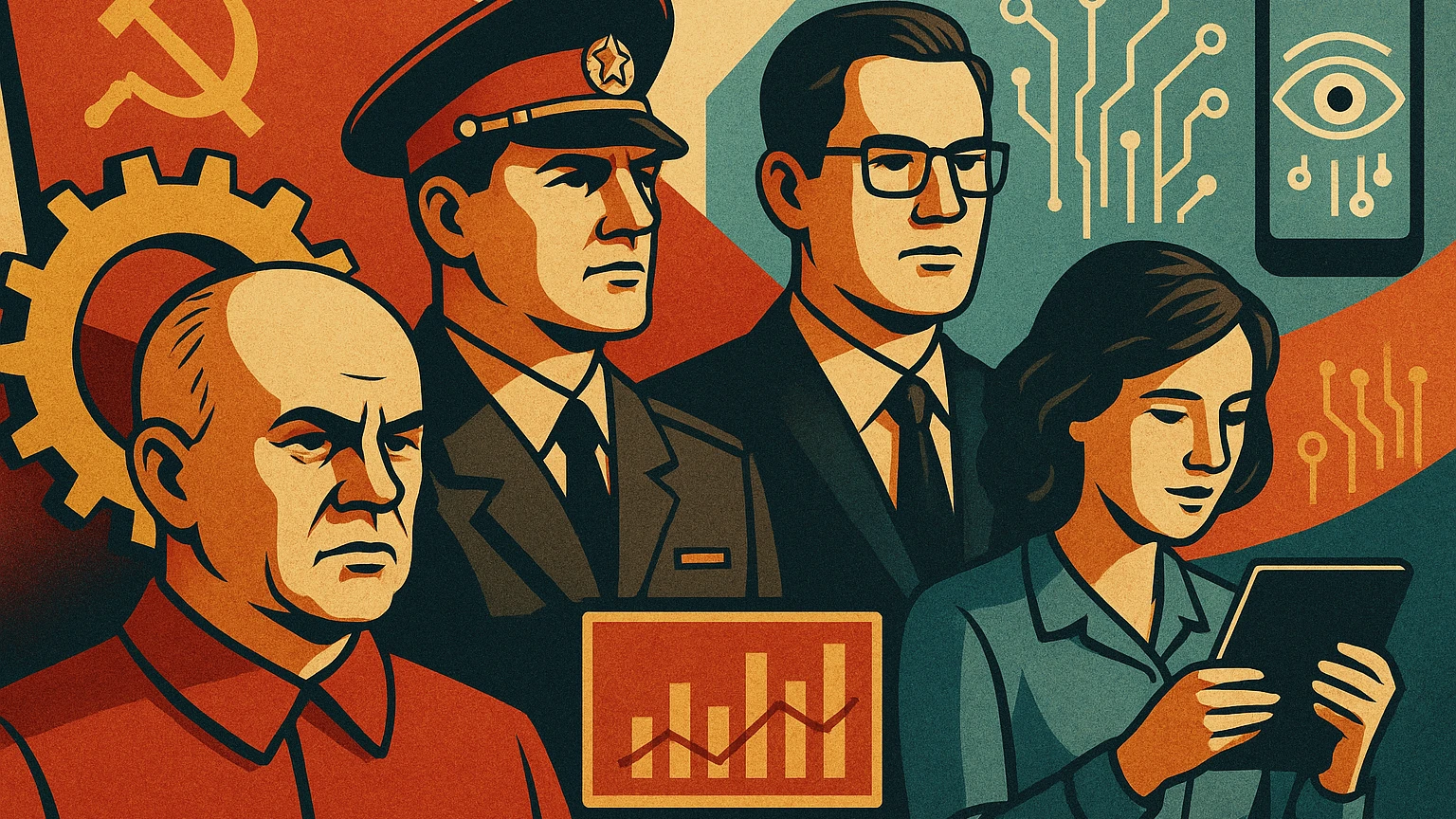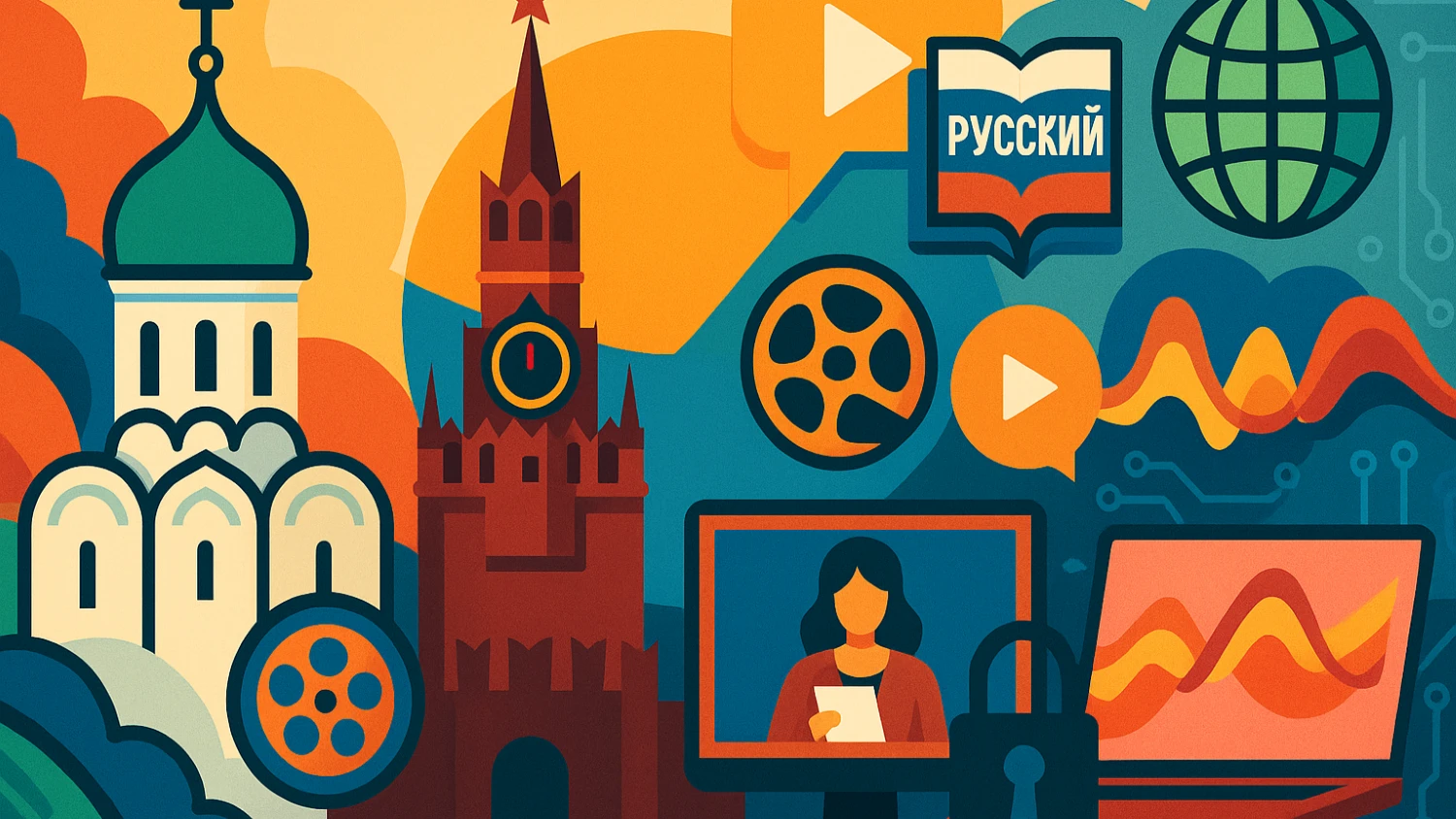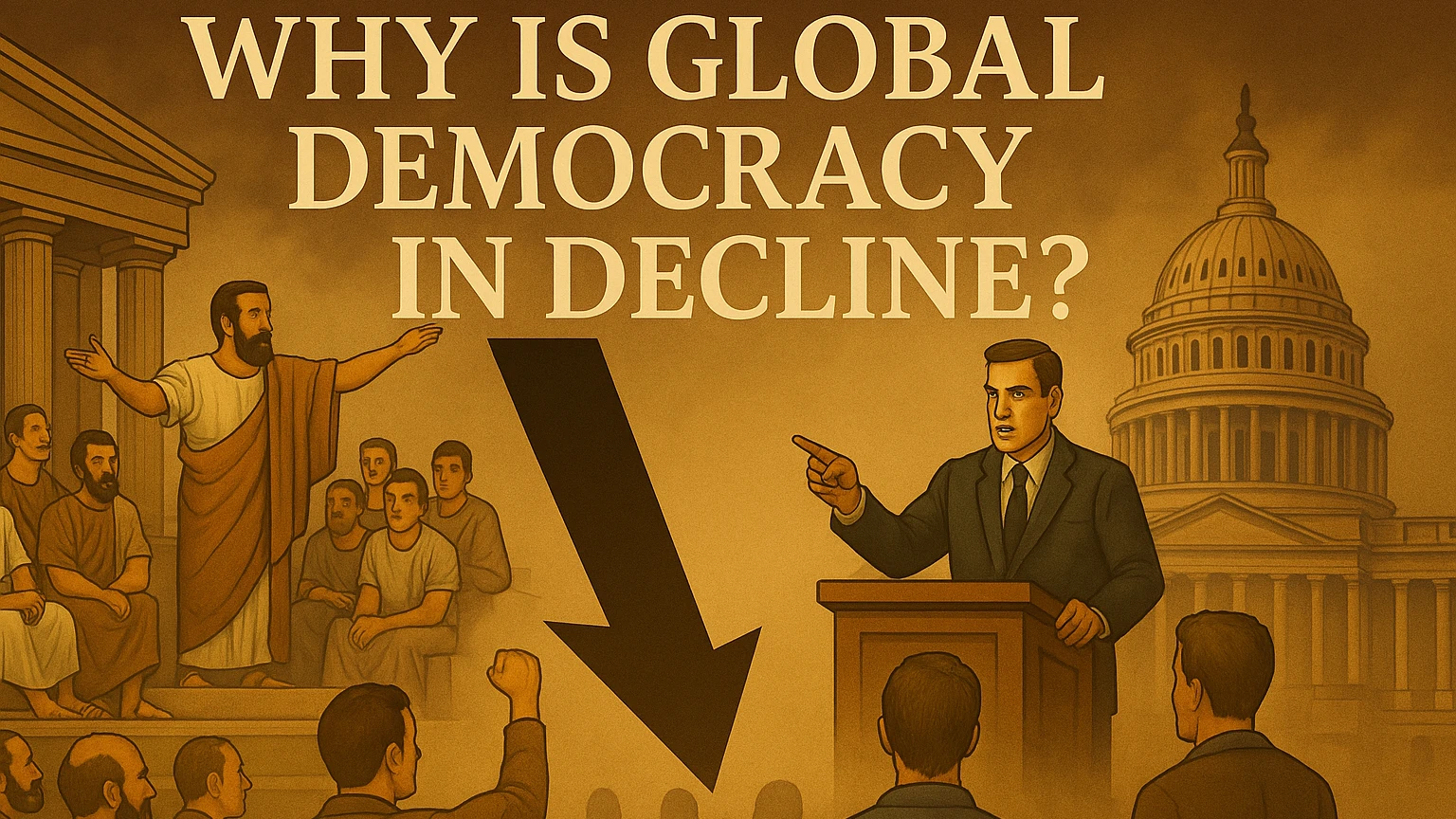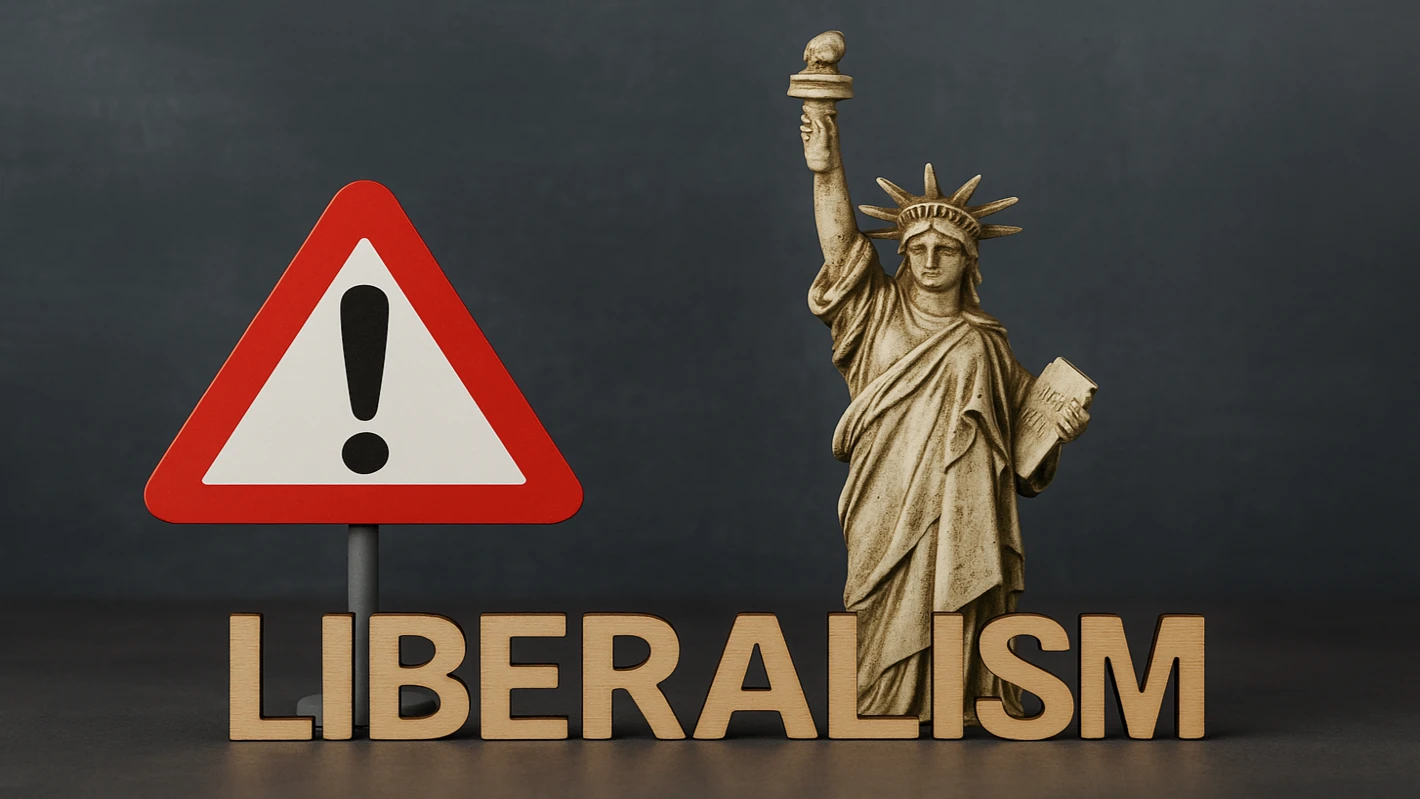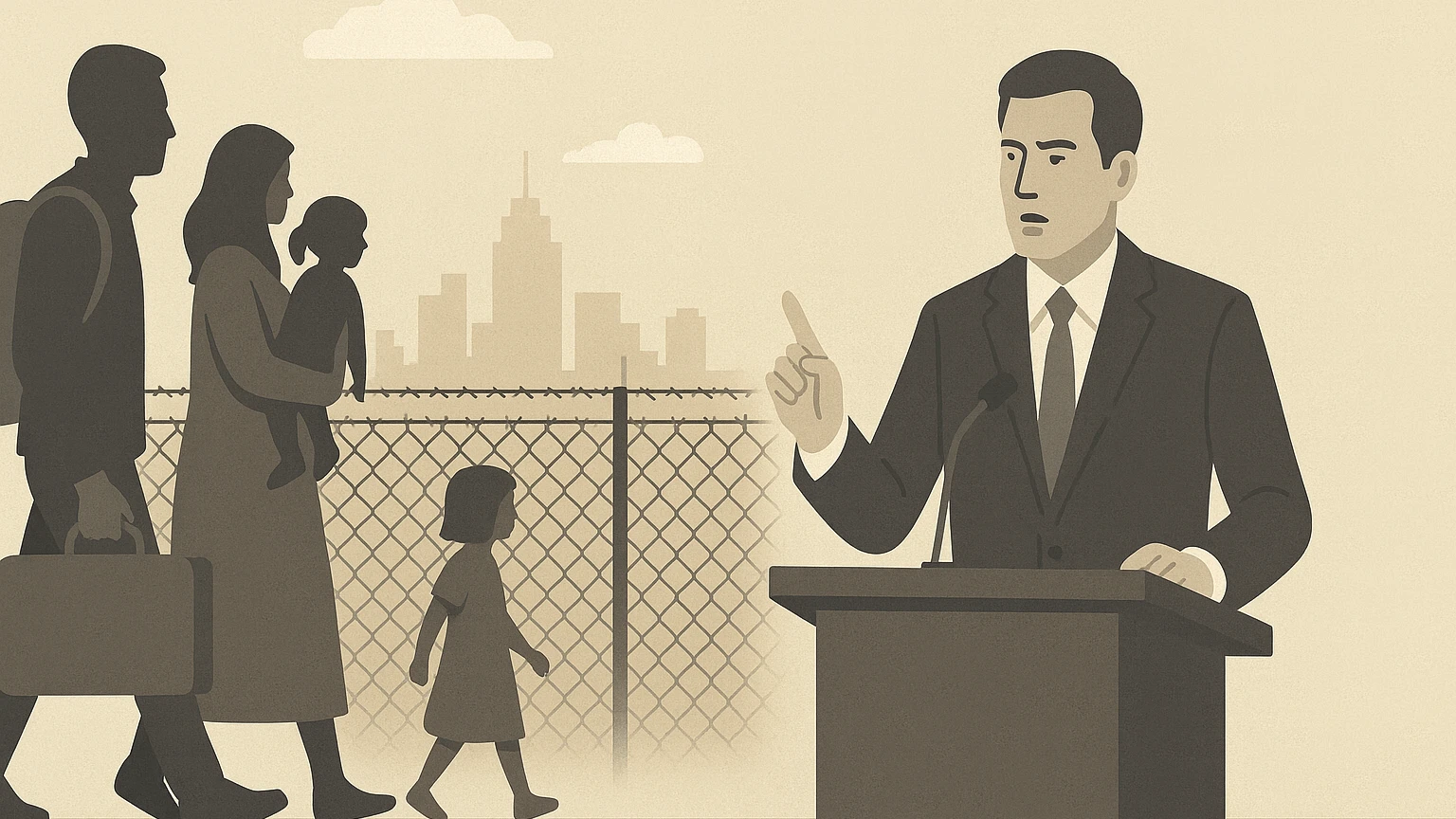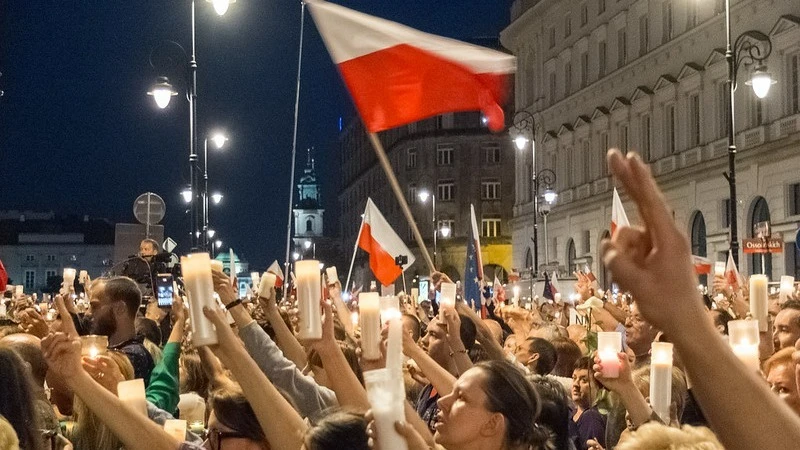Poland
Poland is a country in Central/Eastern Europe that has transformed from a communist regime to a democratic republic since 1989. After regaining independence in 1918, enduring World War II and decades under Soviet influence, Poland embarked on a transition to democracy and market economy at the end of the Cold War.
Political System & Governance
Poland is a parliamentary republic. The President serves as head of state, while the Prime Minister leads the government. The bicameral parliament comprises the Sejm (lower house) and the Senate (upper house). Poland is a member of the European Union and NATO.
Human Rights & Civil Society
Poland features pluralistic politics, active civil society, and a diverse media environment. However, recent years have seen concerns raised by domestic and international observers over judicial independence, government influence over courts, and pressures on media institutions and NGOs.
Economy & Key Indicators
Poland has achieved sustained economic growth over the past decades. Its economy is diversified, with strong industrial, service, and export sectors. EU cohesion funds and foreign direct investment have played important roles in upgrading infrastructure and reducing regional disparities.
Regional Relations & Foreign Policy
As an EU and NATO member, Poland plays a central role in European security and regional diplomacy. It seeks to strengthen links with its Eastern neighbors, and actively participates in EU policymaking, Eastern Partnership, and European integration processes.
Challenges & Outlook
- Ensuring true judicial independence and resisting politicization
- Deepening political polarization and social divisions
- Demographic pressures: migration, low birth rates, population aging
- Balancing national reforms with EU norms and expectations
